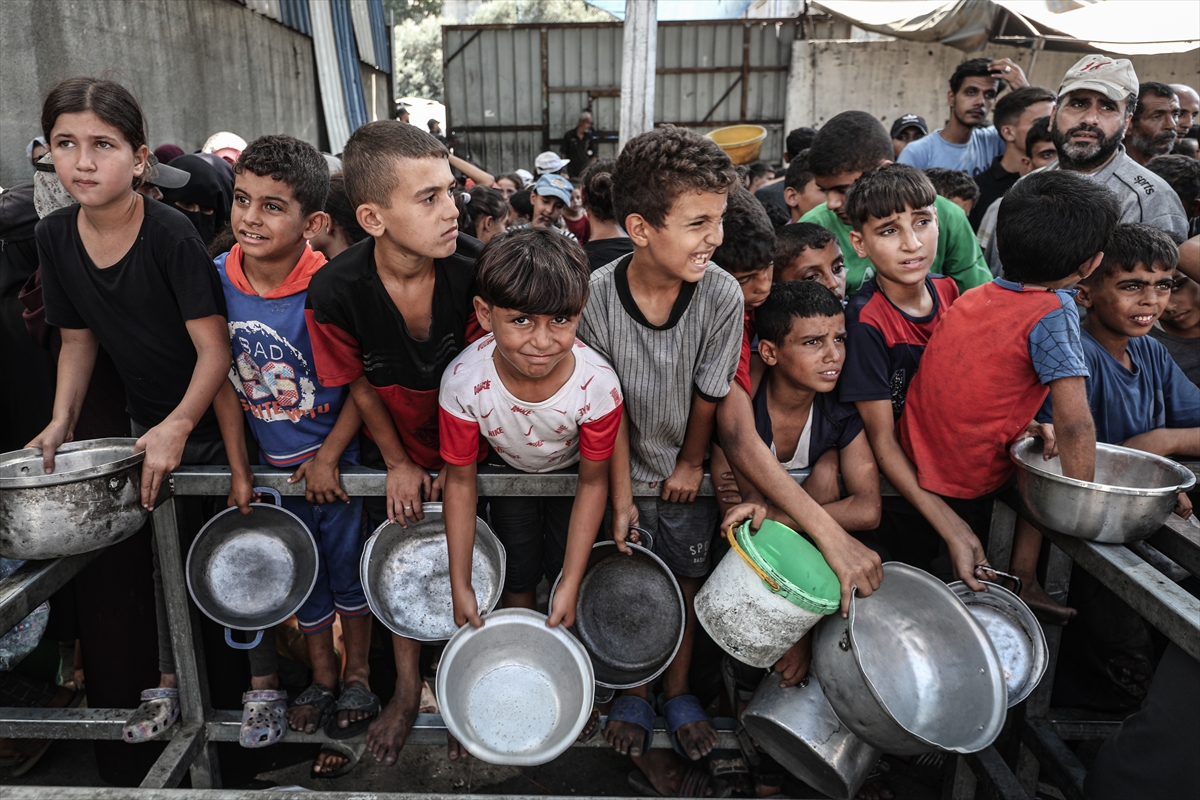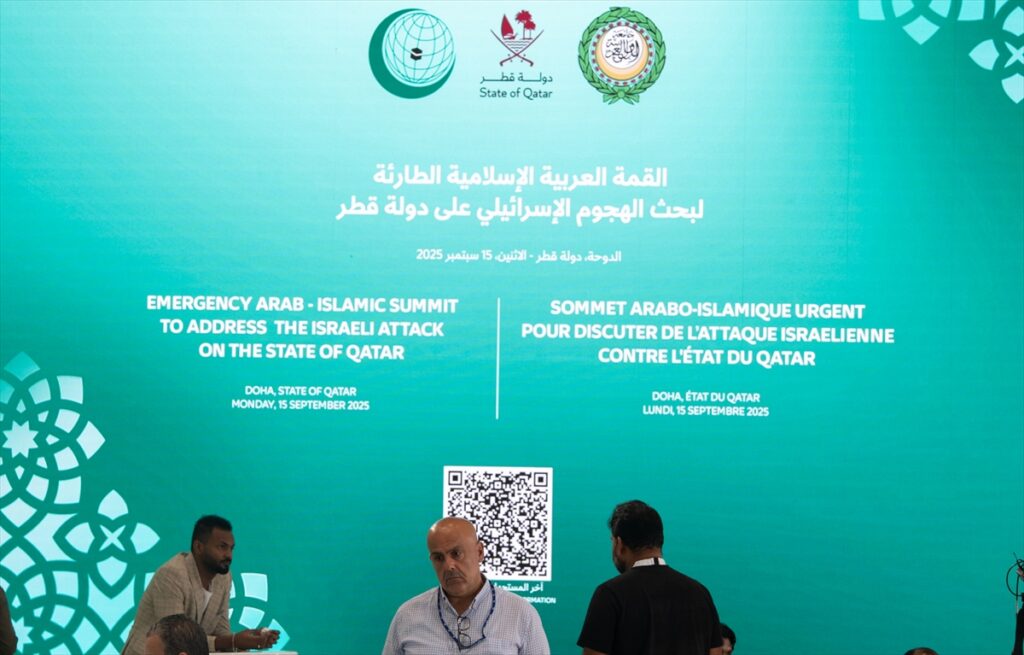
By Harun Nasrullah
London, (The Muslim News): Israeli and American officials have provided starkly contradictory accounts of whether Donald Trump received advance warning of Israel’s strike on Hamas leaders in Qatar, exposing a significant rift between the two allies at a critical diplomatic moment.
According to senior Israeli sources speaking to Axios, Prime Minister, Benjamin Netanyahu, personally informed the US President of the planned operation approximately one hour before missiles struck Doha. This version of events directly challenges the White House’s insistence that Trump was only notified after the attack was already underway.
The precise timeline reveals a narrow window for any potential intervention. Officials confirmed that Netanyahu’s call to Trump occurred at approximately 8:00 a.m. Washington time (1200 GMT) on Tuesday, with initial reports of explosions emerging just 51 minutes later.
White House spokesperson Karoline Leavitt firmly denied any prior knowledge, stating: “The US military informed him [Trump] of Israel’s attack after it began, and he immediately directed his envoy to contact Qatar.” She maintained that Trump had “no opportunity to object” to the operation.
However, senior Israeli officials directly contested this account. One stated unequivocally: “Trump knew about the strike before the missiles were launched and didn’t say no.” Another emphasized that the notification occurred “well in advance” at the highest political level, adding that the operation would have been cancelled had Trump voiced any objection during the call. Despite the gravity of these conflicting claims, neither government has publicly confirmed or denied the report.
Immediate aftermath and conflicting responses
The strike itself targeted a meeting of Hamas’s political leadership reportedly discussing a US ceasefire proposal, killing five Hamas members and a Qatari security officer. The attack triggered immediate international condemnation and exposed the differing perspectives of the two leaders involved.
President Trump broke his silence to express that he was “very unhappy” about the operation — a stark contrast to Netanyahu’s subsequent characterization of the strike as a “necessary unilateral Israeli action” during a press conference with US Secretary of State, Marco Rubio, the following day.
Regional diplomatic upheaval

[Photo: Members of the press follow the summit from the media center set up in Doha, Qatar, where the Organisation of Islamic Cooperation (OIC) – Arab League Extraordinary Summit was held to discuss Israel’s attack on Qatar, on September 15, 2025. Photojournalist: Erçin Ertürk/AA]
The incident prompted an emergency Arab-Islamic summit in Doha, where Qatar’s Emir Sheikh Tamim bin Hamad al-Thani denounced the attack as “blatant, treacherous and cowardly” and accused Israel of waging “genocidal war” against Palestinians.
While the summit produced strong rhetoric and calls for nations to take measures against Israel, significant divisions emerged behind the scenes. Many states backed sanctions and diplomatic downgrades, while others advocated caution, wary of antagonizing Trump and undermining the Abraham Accords.
The United Arab Emirates, a key signatory to the normalization agreements, found itself at the centre of this tension. A senior Emirati official confirmed that “everything is on the table,” acknowledging the accords were under “enormous strain.”
This diplomatic crisis translated into concrete actions across the region. The UAE blocked Israeli firms from a major airshow and summoned Israel’s deputy head of mission, while Qatar severed all contact with Israel, including intelligence cooperation. Most significantly, Saudi Arabia’s Crown Prince Mohammed bin Salman declared normalization “off the table” without both an end to the war and commitment to Palestinian statehood.
Mounting humanitarian crisis
Amid the diplomatic fallout, Gaza’s humanitarian situation continued to deteriorate at an alarming pace. The Health Ministry reported 64,905 Palestinian deaths since October 2023, including three from starvation, with 34 bodies and 316 injured people arriving at hospitals in the previous 24 hours alone.
Recent casualties included six-year-old twins in Gaza City, a Palestinian journalist, a married couple, and a disabled woman. In a separate incident, Israeli forces opened fire on civilians awaiting aid, killing two.
The United Nations condemned the “deadly escalation,” with spokesperson Stéphane Dujarric noting the “appalling impact on civilians enduring suffering and starvation,” while reiterating calls for protection of civilians and respect for international law.
[Photo: Palestinians wait for hot mails provided by a charity – Palestinians struggling with food access due to Israeli attacks on September 16, 2025, in Gaza City, Gaza.
Photojournalist: Moiz Salhi/AA]